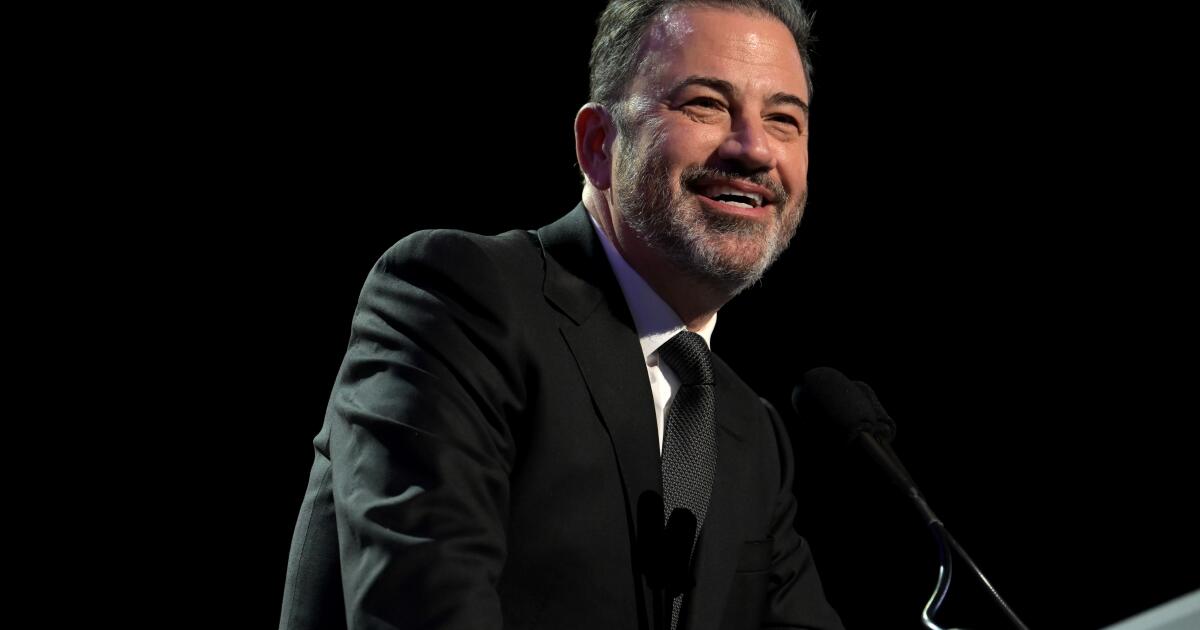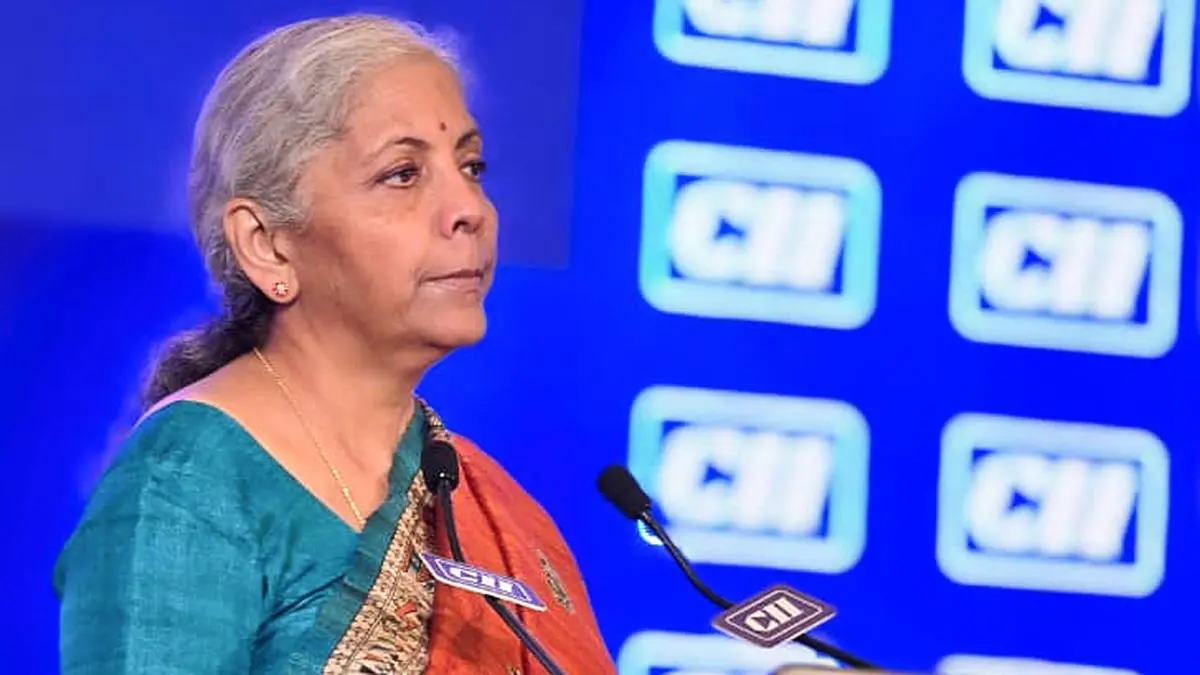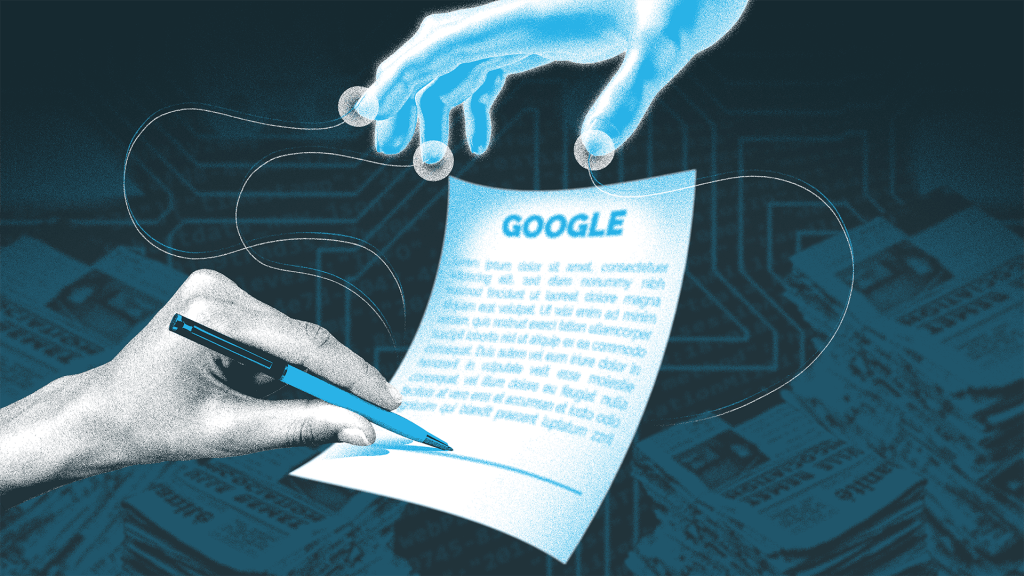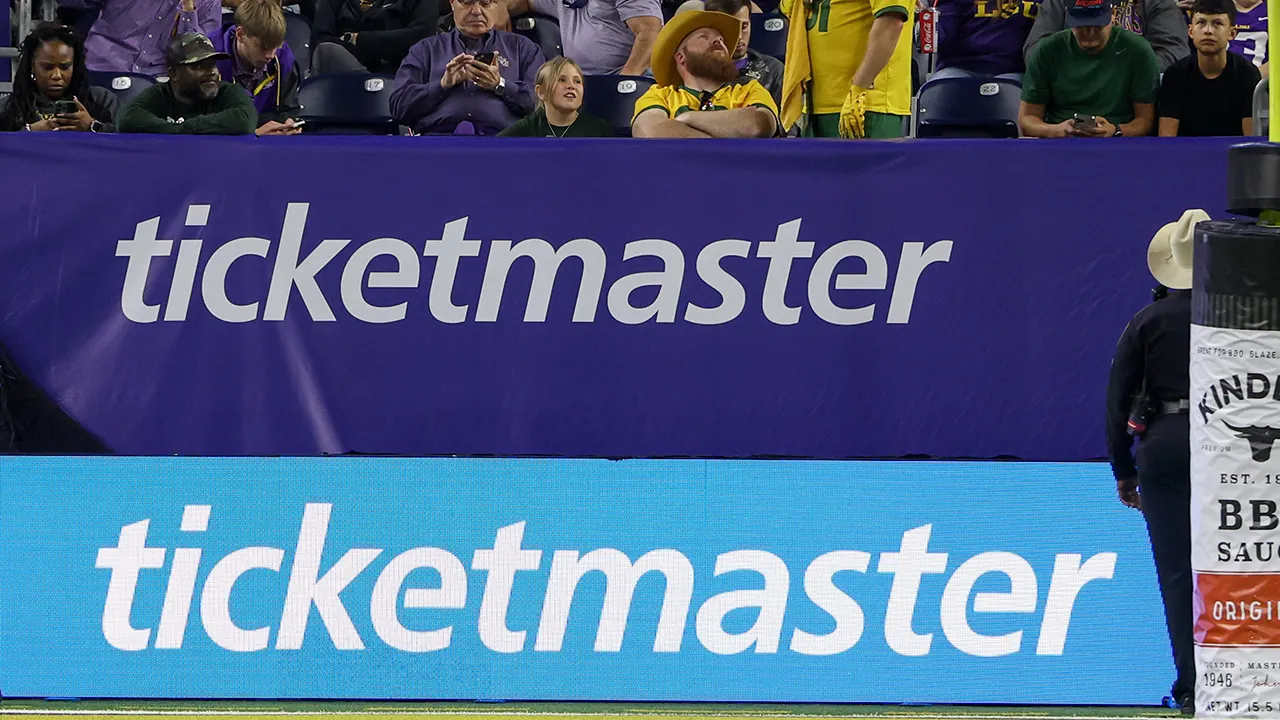
The understandable uproar over the suspension of Jimmy Kimmel for comments he made on-air Monday regarding the killing of right-wing activist Charlie Kirk, and the unfocused response of President Trump, has mistakenly centered on whether ABC infringed Kimmel’s 1st Amendment rights. ABC and its parent company Disney have 1st Amendment rights to decide whether to broadcast Kimmel and can be criticized for caving to pressure from the Federal Communications Commission, but it had the legal freedom to suspend the host.
However, it’s clear the chair of the FCC, Brendan Carr, violated the 1st Amendment when he threatened ABC with consequences if it didn’t take action against Kimmel.
“Look, we can do this the easy way or the hard way,” Carr said during an appearance on Benny Johnson’s podcast Wednesday in response to Kimmel’s monologue. “These companies can find ways to change conduct, to take action, frankly, on Kimmel, or, you know, there’s going to be additional work for the FCC ahead.” Carr added that this “is a very, very serious issue for Disney right now.” The law plainly states that government officials cross the line when they infringe on freedom of speech and threaten sanctions for expression, as Carr no doubt did — and ABC capitulated.
In 1963, in Bantam Books Inc. vs. Sullivan, the court held that it was unconstitutional for the Rhode Island Commission to Encourage Morality in Youth to identify books deemed “objectionable” for children and then write distributors, urging them to stop selling the books. In that case, police often followed the letters with visits to the recipients’ homes to confirm what actions had been taken in response. The Supreme Court found such pressure to be an unconstitutional prior restraint of speech, even though no books were actually banned and no prosecutions were undertaken.
A year ago, the Supreme Court unanimously reaffirmed this in National Rifle Assn. of America vs. Vullo, allowing a suit by the NRA against Maria Vullo, who had been the superintendent of the New York Department of Financial Services. After the Parkland, Fla., school shooting that killed 17 students and staff members at Marjory Stoneman Douglas High in 2018, Vullo allegedly encouraged insurance companies and bank officials, whom she regulated, to no longer do business with the NRA. Vullo allegedly agreed not to prosecute the companies for their violations of the law if they ended their financial relationships with the gun rights group.
The Supreme Court in a 9-0 decision found the NRA had a valid claim that Vullo’s threats violated the 1st Amendment. Justice Sonia Sotomayor wrote for a unanimous court, declaring that “Government officials cannot attempt to coerce private parties in order to punish or suppress views that the government disfavors.”
In the same way, the FCC is not allowed, under the 1st Amendment or by statute, to regulate a broadcaster’s content or speech based on its viewpoint. Yet Carr explicitly stated this as his goal. “Public interest means you can’t be running a narrow partisan circus and still meeting your public interest obligations,” Carr told Johnson. “That means you can’t be engaging in a pattern of news distortion.” Of course, what is “partisan” and what is “news distortion” are determined by Carr, who is very conservative. The whole point of the 1st Amendment is that we don’t ever give government officials the power to use their views to silence others.
It’s no coincidence that Kimmel was a frequent critic of Trump, as was CBS late-night host Stephen Colbert, who announced in July his show would be canceled next year despite being No. 1 in his time slot. Aboard Air Force One on Thursday, Trump complained about late-night hosts and TV stations giving him only bad press. “And they’re getting a license,” Trump said, “…maybe their license should be taken away.” Doing so would obviously violate the 1st Amendment, but even the threat is chilling and unconstitutional. The effort to silence critics is a page straight from the playbook of every authoritarian across history. But sadly, it’s working, even in this country with its deep commitment to freedom of speech.
Carr’s effort to remove Kimmel from the air must be understood as part of a larger effort by Trump and his administration to intimidate the media and the press. On Monday, Trump filed a $15-billion lawsuit against the New York Times and Penguin Random House, which was thrown out by a federal judge for being “improper and impermissible.” This follows a suit against the Wall Street Journal and owner Rupert Murdoch that Trump filed in July. And ABC and CBS each reached multimillion-dollar settlements with Trump earlier this year even though the claims against them were legally weak.
At the same time, Trump has issued executive orders against law firms for their speech and advocacy. He has targeted universities including Harvard and UCLA for cuts in funding, often because of dislike for the speech of their faculty, researchers and administrators. Earlier this week, Atty. Gen. Pam Bondi said the government could soon prosecute individuals for what it regarded as hate speech, even though the Supreme Court has repeatedly held that such expression is constitutionally protected.
It is time to be very worried about freedom of expression in the United States. History shows that it can be so easily lost. No democracy can exist without it.



